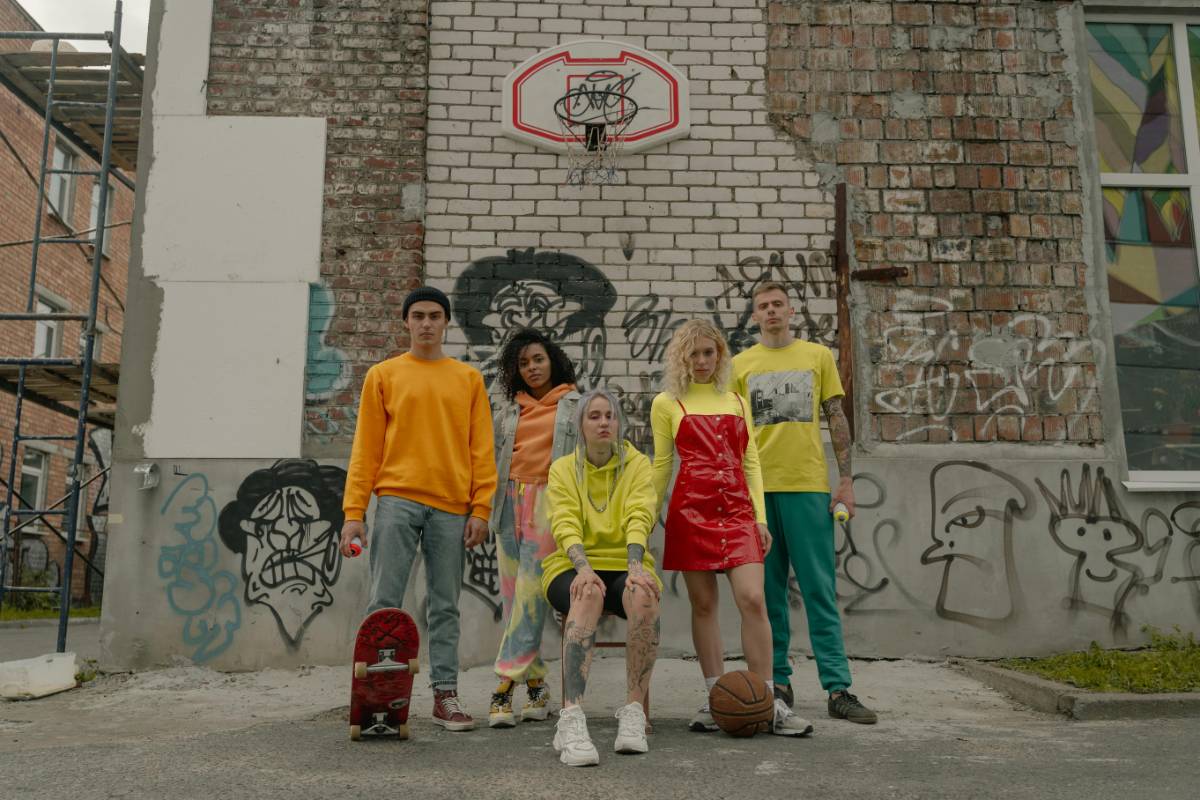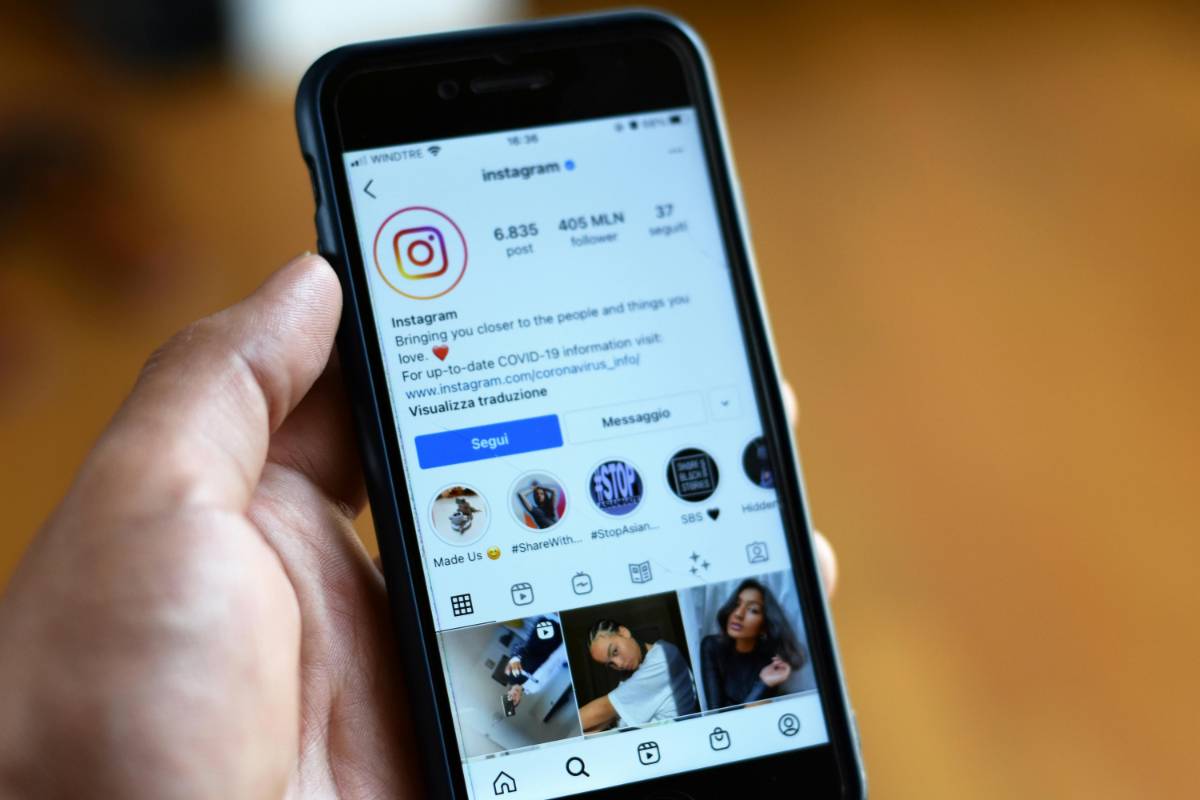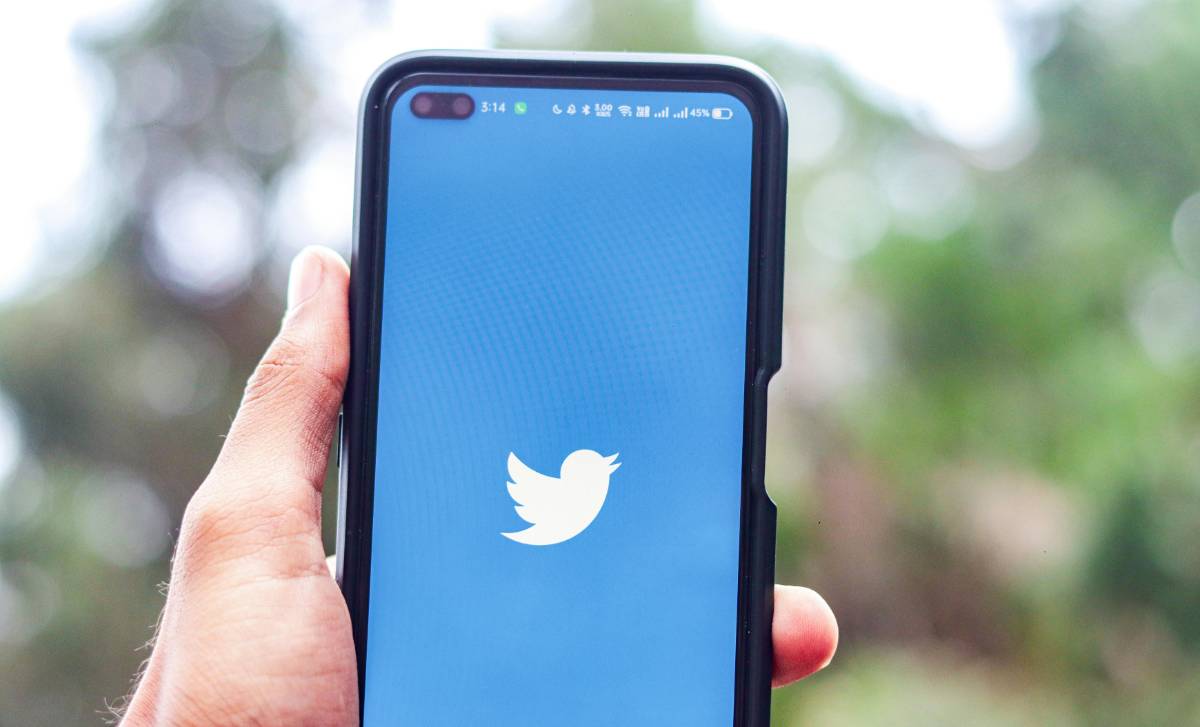Social Media’s Role in Shaping Youth Identity
22 Sep 2025
Read Time: 5 min read

Social media has become a powerful force in shaping the identities of young people today. Platforms like Instagram, TikTok, and Snapchat have transformed how youth express themselves, build relationships, and define their sense of self. As social media continues to evolve, its impact on the formation of youth identity is both profound and complex.
 The Influence of Online Communities
The Influence of Online CommunitiesOne of the most significant ways social media shapes youth identity is through the formation of online communities. Whether it's through interest-based groups, hashtags, or viral trends, young people are able to connect with others who share similar experiences, beliefs, and passions.
These online communities allow for self-expression and the exploration of different facets of identity. Youth can find validation, support, and encouragement, which can play a key role in helping them navigate the challenges of growing up.
Social Media as a Platform for Self-ExpressionFor many young people, social media is a primary space for self-expression. From posting photos and videos to sharing personal thoughts and opinions, youth use these platforms to communicate who they are and what they stand for.
This constant sharing can foster a sense of community and belonging, but it can also contribute to pressures to conform to certain beauty standards, trends, or lifestyles. The challenge lies in balancing self-expression with the potential for external judgment and comparison.
Social media allows youth to experiment with different aspects of their identity, from their appearance to their beliefs and values. This exploration can be a positive experience, offering young people a safe space to discover who they are and what they believe in.
However, it also raises questions about authenticity and the impact of curated, idealized versions of life. Platforms like Instagram and TikTok often emphasize highlight reels—carefully edited posts that showcase the best moments of life, which can create unrealistic expectations for how one should look or live.

💡 Discover More from Social-Media
Social comparison is a natural human tendency, but social media has amplified this phenomenon. Youth are constantly exposed to curated content that may not reflect the full reality of someone's life, leading to feelings of inadequacy or dissatisfaction with their own experiences.
This pressure to keep up with peers, influencers, or celebrities can lead to negative consequences for self-esteem, body image, and mental health. The desire to present an idealized version of oneself can be overwhelming, especially for those who are still forming their sense of identity.
Influence of Influencers and CelebritiesInfluencers and celebrities play a significant role in shaping the identity of young people. The content they create often becomes a model for how youth think they should look, behave, and even think. This can be both empowering and problematic.
While some influencers promote positive messages about self-empowerment, diversity, and mental health, others may reinforce harmful stereotypes or unrealistic beauty standards. Youth who follow these figures may internalize their messages, impacting how they perceive themselves and their place in society.
Social Media and Political or Social ActivismIn addition to personal identity, social media has become an important space for youth to engage in political and social activism. Platforms like Twitter and Instagram allow young people to amplify their voices, participate in movements, and advocate for social change.
This involvement can help youth develop a strong sense of purpose and identity as they align themselves with causes they care about. However, the pressure to be outspoken on certain issues can also be challenging, especially for those who are still learning about complex topics or trying to find their own voice.
ConclusionSocial media plays a central role in shaping youth identity today. While it provides opportunities for self-expression, community building, and exploration, it also presents challenges related to comparison, external validation, and unrealistic portrayals of life. As social media continues to influence how young people understand themselves, it's crucial for them to develop the skills to navigate these platforms mindfully, embracing their authentic selves while critically engaging with the content they consume.
Stay Informed
Get the latest and most accurate news delivered straight to your inbox. Subscribe now and never miss an update.

Rajat Sen
An insightful voice in the industry, crafting content that informs, inspires, and connects with readers.
View all articles →















